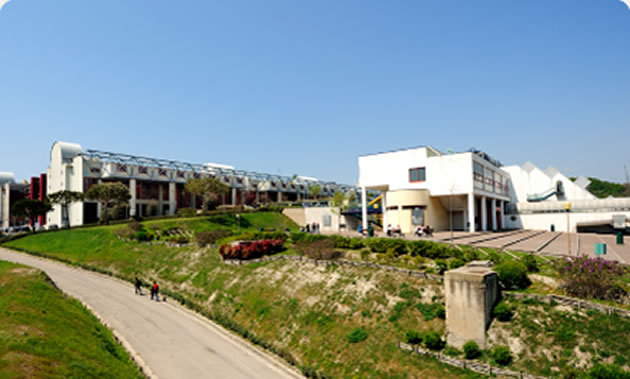Structure-Properties Relationships (SPR) in molecular olefin polymerization catalysts
Catalyst discovery and, even, catalyst optimization is typically a trial-and-error process which can take years. Tuning of active metal, ancillary ligand framework, activator, and modifiers (if any) are often associated with non-additive effects, and intuition and common sense often meet their limits.
Combining High Throughput Experimentation (HTE) with deterministic and/or statistical computational modeling can shorten the timeframe for catalyst development and thus significantly reduce capital and resource expenditures by prioritizing targets for synthesis. At LSP we do that routinely, with highly efficient feedback loops. SPR (also known as Quantitative Structure Activity Relation, QSAR) models with heuristic potential rely on ‘massive’ HTE databases and computationally derived descriptors for the catalytically active species.
Connection of Stereoselectivity, Regioselectivity, and Molecular Weight Capability in rac-R′2Si(2-Me-4-R- indenyl)2ZrCl2 Type Catalysts. Macromolecules 2018, 51, 8073-8083.
C1-Symmetric Si-bridged (2-indenyl)(1-indenyl) ansa-metallocenes as efficient ethene/1-hexene copolymerization catalysts. Dalton Trans. 2020, 49, 3015-3025.
On the limits of tuning comonomer affinity of ‘Spaleck-type’ ansa-zirconocenes in ethene/1-hexene copolymerization: a high-throughput experimentation/QSAR approach. Dalton Trans. 2020, 49, 10162- 10172.
An Integrated High Throughput Experimentation/Predictive QSAR Modeling Approach to ansa-Zirconocene Catalysts for Isotactic Polypropylene. Polymers 2020, 12, 1005.
A Systematic Study of the Temperature-Induced Performance Decline of ansa-Metallocenes for iPP. Macromolecules 2020, 53, 9325-9336.

Introduction
LSP is a global competence center for fundamental and applied studies on olefin polymerization chemistry and catalysis.

Members
We hope you Enjoy discovering all the people that belong to the LSP Project. Visit us to discover more about our team.

Research
LSP specializes in fundamental and applied studies of catalytic olefin polymerizations, aiming to better understand and improve…

Infrastructure
LSP is one of the very few academic groups operating a comprehensive HTE workflow for organometallic catalysis.

Join LSP!
We are always interested in hearing from potential new members and collaborators who are interested in a position at LSP.

Visit
Whether you are a student, a scientist, a technologist, or an occasional traveler of the Web, visit us, get in touch.

